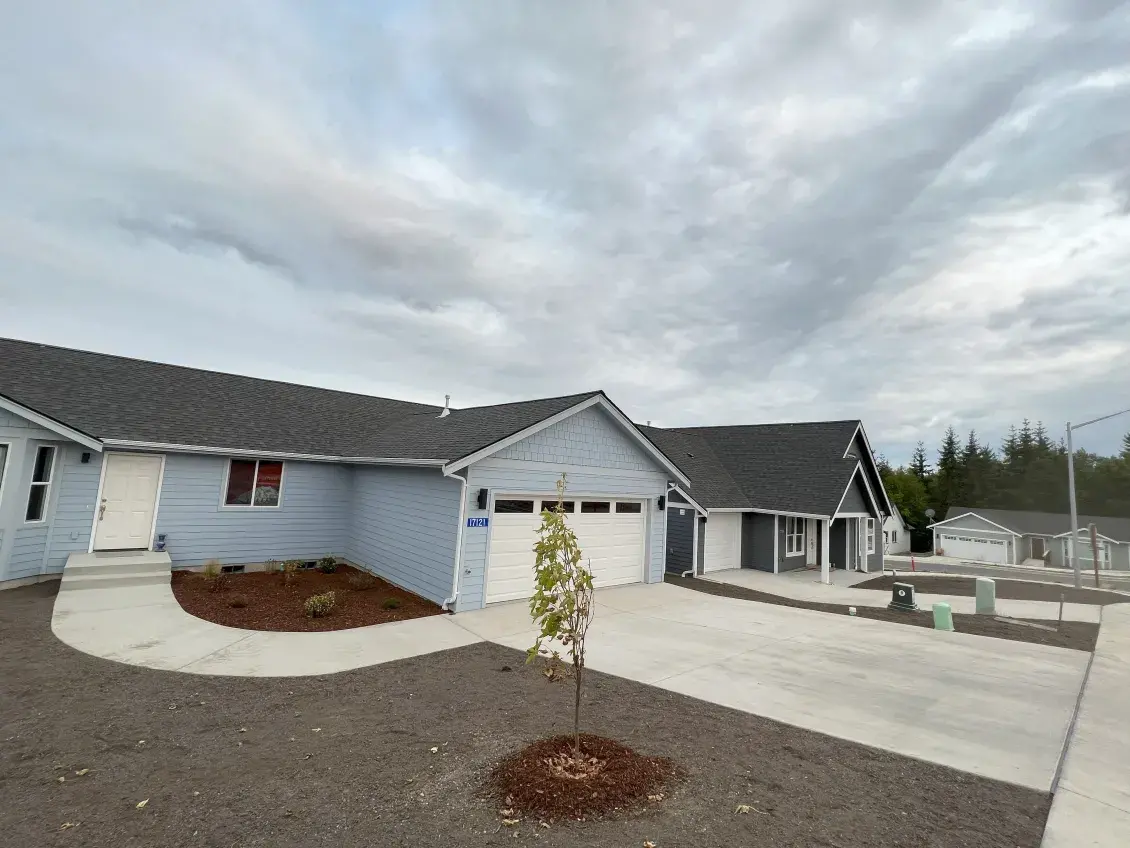Enterprise’s Policy and Tribal Nations and Rural Communities teams are working together to advance Tribal sovereignty, combat disinvestment and redlining on Tribal land, and increase housing opportunities and stability for Native communities around the country. Native American Heritage Month provides an opportune moment to take stock of and review Enterprise’s legislative and policy agenda for Native and Tribal housing.
Our priorities fall into three categories: additional funding for programs that work well; legal and regulatory changes to update programs that could be improved; and laws to create new programs to meet identified needs.
Easing Access to Funding at USDA
The hallmark single-family mortgage product at the USDA is the Section 502 Single Family Loan, but very few Section 502 loans have historically been made on Tribal trust lands. In fact, in fiscal year 2019, of more than 6,000 direct Section 502 loans made nationally, only six were to borrowers on Tribal land.
The USDA started a Native CDFI relending pilot program in fiscal year 2020 to improve Section 502 use on tribal land. Through that pilot program, Native CDFIs working on the Cheyenne River Indian Reservation and the Pine Ridge Indian Reservation made double the amount of Section 502 direct loans in two years that the USDA had successfully made in the prior 10 years. The program has continued: the USDA recently announced another set of loans to Native CDFIs that will support 58 new Section 502 loans on tribal lands across the country.
Enterprise will continue to advocate for continued funding for the relending and for its authorization through the Rural Housing Service Reform Act of 2023 (S.2790).
Making VA Mortgages Easier to Use
In 2022, the Government Accountability Office examined the success of the Veterans Affairs Native American Direct Loan (VA-NADL) program and found that it was not meeting its full potential. Their report found that “less than one percent of Native veterans eligible for the VA-NADL program have received loans…as many as 75,000 Native vets are eligible for the program, which only has 527 active loans,” despite the fact that Native Americans serve in the military at a higher rate than any other race.
Enterprise and our partners are advocating for legislation to fix this: The Native American Direct Loan Improvement Act of 2023 (S. 185). This program would borrow the Native CDFI relending structure that has been successful at the USDA and apply it to the VA-NADL program, letting Native CDFIs close the gap between Native veterans and the VA lending process.
Reauthorizing NAHASDA and Increasing Funding for Its Programs
The Native American Housing and Self Determination Act of 1996 (NAHASDA) was the first instance of Congress recognizing that the United States’ trust responsibility to Tribal Nations includes “working with tribes and their members to improve their housing conditions and socioeconomic status.”
To meet this responsibility, NAHASDA created the Indian Housing Block Grant (IHBG) and eliminated the ability of tribes to access almost all other HUD programs, such as Section 8 Housing Choice Vouchers, HOME block grants, and public housing operating fund dollars.
However, the authorization for NAHASDA last expired in 2013, leaving necessary improvements unaddressed. Additionally, the IHBG funding level remained flat in inflation-adjusted dollars from 2011-2021 and has been a decreasing percentage of the HUD budget since its creation.
We support as much increased funding for the IHBG as possible, and the passage of the Native American Housing Assistance and Self-Determination Act of 2023 (S. 2285).
Improving Bureau of Indian Affairs Processes
Every mortgage transaction on Tribal trust land, such as reservations, requires the Bureau of Indian Affairs to be involved. Because land is held in trust for Tribes by the United States Government rather than owned by individuals, each home purchase must be accompanied by a title status report (TSR) from the Bureau of Indian Affairs.
While title documents for a home on fee simple land take a matter of hours or days, a TSR from the BIA can take up to a year to complete. The Tribal Trust Land Homeownership Act of 2023 (S.70/H.R.3579) would greatly improve the TSR process by creating a mortgage ombudsman at the BIA to address this issue.
Section 4 Capacity Building
Section 4 is a nonprofit capacity building program funded through annual appropriations to HUD. Funding is distributed through three national intermediaries: Enterprise, Habitat for Humanity, and the Local Initiative Support Coalition. The funding is distributed in small grants to support the organizational and technical capacity of CDCs and CHDOs to carry out community development and affordable housing programs and business operations.
In fiscal year 2000, Congress began setting aside funding for Section 4 grants for rural communities, including projects serving Native communities, and in fiscal year 2023, Congress set aside $1 million specifically for Native projects. Last year, Enterprise made 16 Section 4 grants to Native and Tribal groups around the country. We will continue to advocate for this set aside and increased Section 4 funding.
Enterprise’s policy positions on Native and Tribal housing are directly informed by the work of our Tribal Nations team. They travel around the country, working directly with Tribes and Native organizations and learning about barriers to investment, challenges, and opportunities for improvement. Their feedback enables the Policy team to identify policy and political opportunities to address those issues, and to find opportunities for the experts at Enterprise and partner organizations to speak directly to Members of Congress and their staff.
Keep checking our blog and our regular publications Today in Housing and Capitol Express to learn more about our priorities, successes, and continued efforts.
